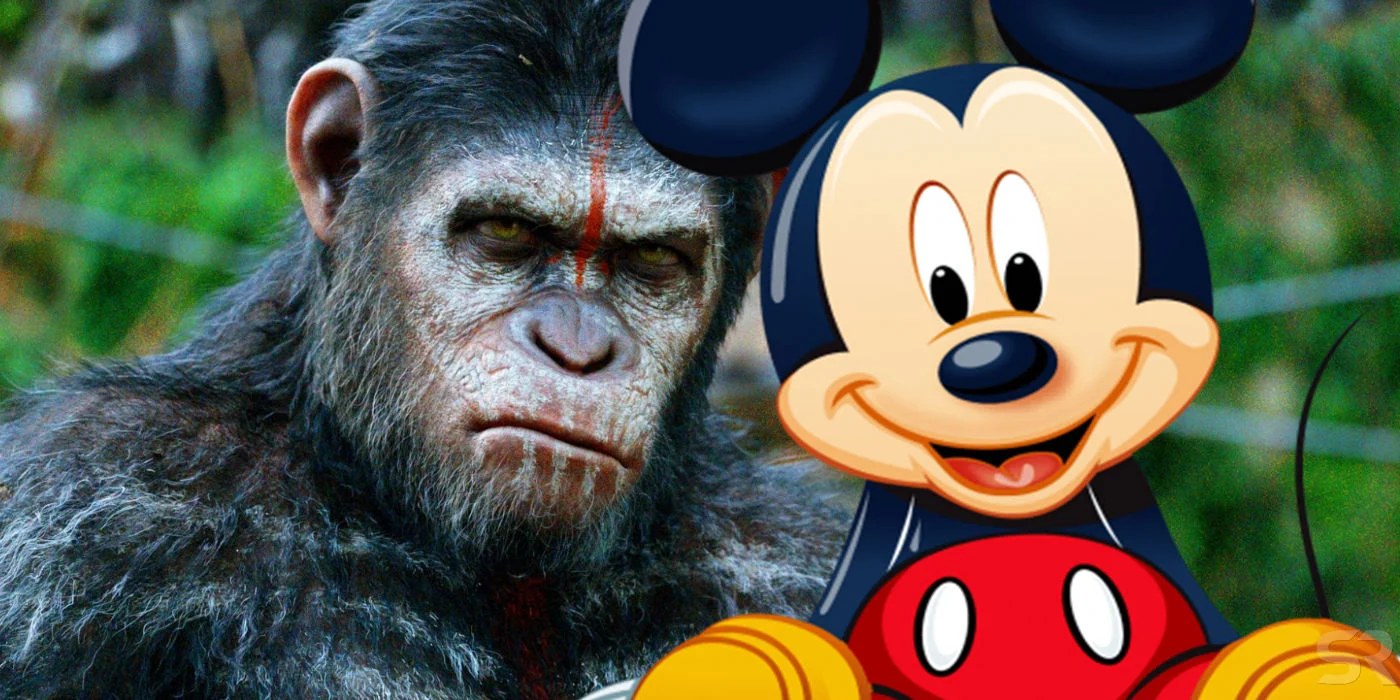Crafting a good sequel to a beloved classic is hard but creating a solid trilogy with a great start and perfect ending is near-impossible. Few trilogies have ever managed to do this with the exceptions being Peter Jackson’s Lord of the Rings, the original Star Wars trilogy and arguably Nolan’s Batman films. In 2017, yet another trilogy had the distinguished honour of entering into the hallowed halls of triumphant trilogies. I am of course talking about Rupert Wyatt and Matt Reeves’ rebooted Planet of the Apes series. In my mind, the films are a monumental achievement in motion-capture performance, storytelling and a prime example for how technology serves the narrative, not the other way around.
When the credits for War of the Planet of the Apes came up, I was in tears and awe. While the possibility of a fourth film was teased out, which I was somewhat excited for, I knew in my heart that it wasn’t really necessary. So when I heard about Fox’s acquisition by Disney came about, I was saddened and relieved at the same time. No more Apes films…until I heard the news.
Disney is planning on making more films for the Planet of the Apes franchise and so far what I’ve seen and heard has left me with little faith that the company will carry on Reeves’ torch proper. I completely understand that Disney has the right to these properties fair and square. That being said, here’s why Disney shouldn’t be the ones to create more content for the franchise.
Let Bygones Be Bygones
Right we get into Disney’s announcements and previous creative choices, let’s talk about the rebooted trilogy itself. Before I saw Rupert Wyatt’s Rise of the Planet of the Apes, I never thought highly of the franchise. Tim Burton’s 2001 Planet of the Apes was an utter joke in my eyes filled to the brim camp fun, hilarious performances and a barely coherent plot. Then Rise changed my perspective. The trouble with trying to tell a story within the property of the Planet of the Apes franchise is its narrative scale. We know the world is eventually going to go to the hyper-intelligent apes in the future. Therefore how do the writers encompass this eventual outlandish global conquest while at the same time, tell a grounded and engaging story? The answer: Andy Serkis’ Caesar.
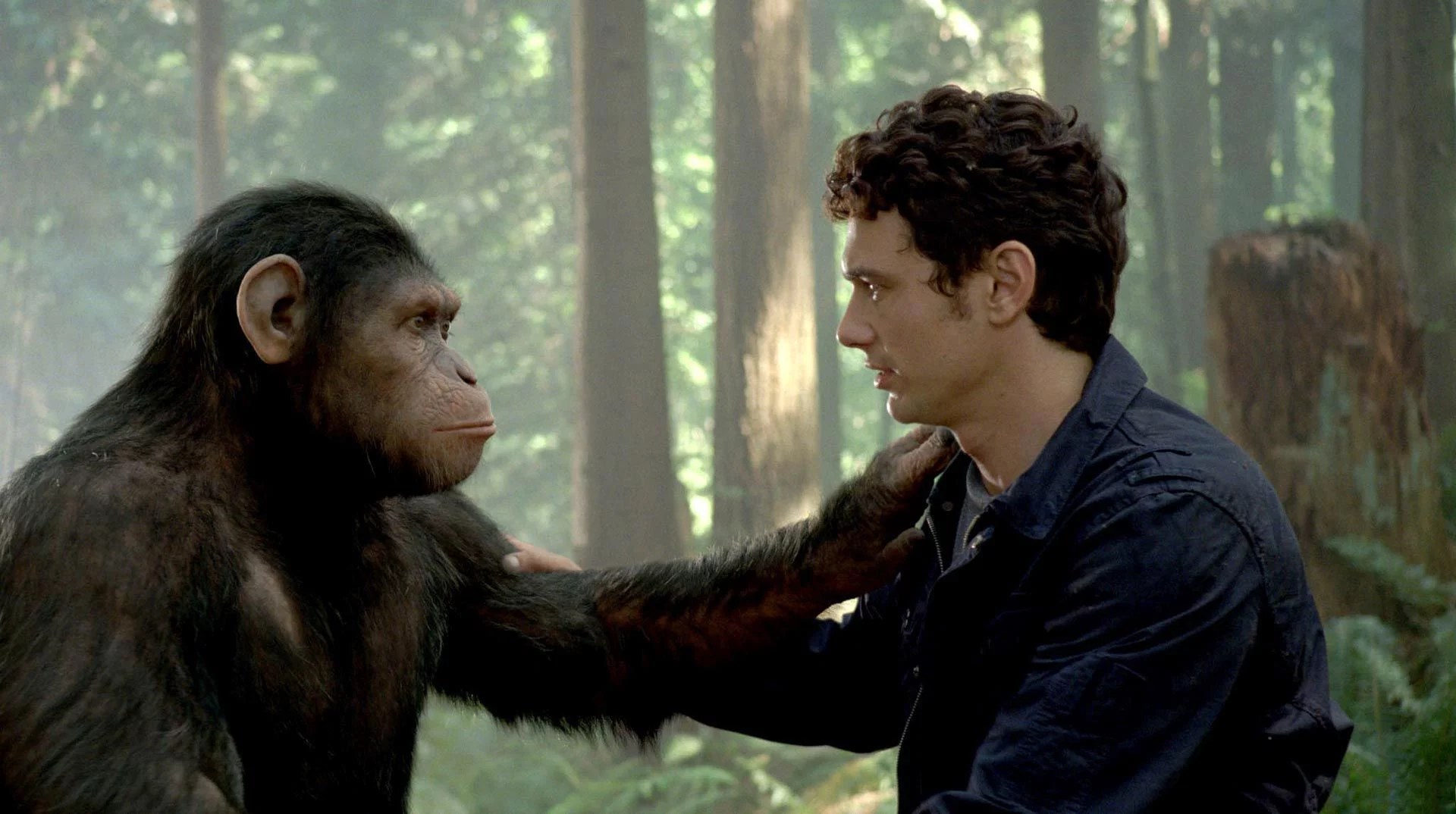
Rise wasn’t so much about the revolution of ape-kind against humanity as it was about an ape struggling with his own identity. Caesar was the by-product of scientific experimentation that unlocked his higher faculty due to his mother being exposed to ALZ-112, a possible cure for Alzheimer’s. A possible cure that was very personal for his adoptive father, James Franco’s Will Rodman whose father also had Alzheimer’s.
Will saves young Caesar, brings him home and raises him like a son. So for a good majority of Caesar’s youth, he’s known the kindness of man through Will. Then a necessary betrayal of sorts occurs and he finds himself starting a revolution to free his brothers and sisters from the bondage of slavery. This is Caesar as a revolutionary but one who is tempered by the virtues and values of his human father.
Then in Matt Reeves’ Dawn of the Planet of the Apes, we see him struggle with the burden of becoming a national leader and learning the hard truths of his people. With great knowledge, comes great sorrow. In a sense, his people who were once merely motivated by base animal instincts are awakened to greater sentience. It’s almost made to mirror the Biblical narrative of The Fall of Man due to Adam and Eve learning forbidden knowledge.
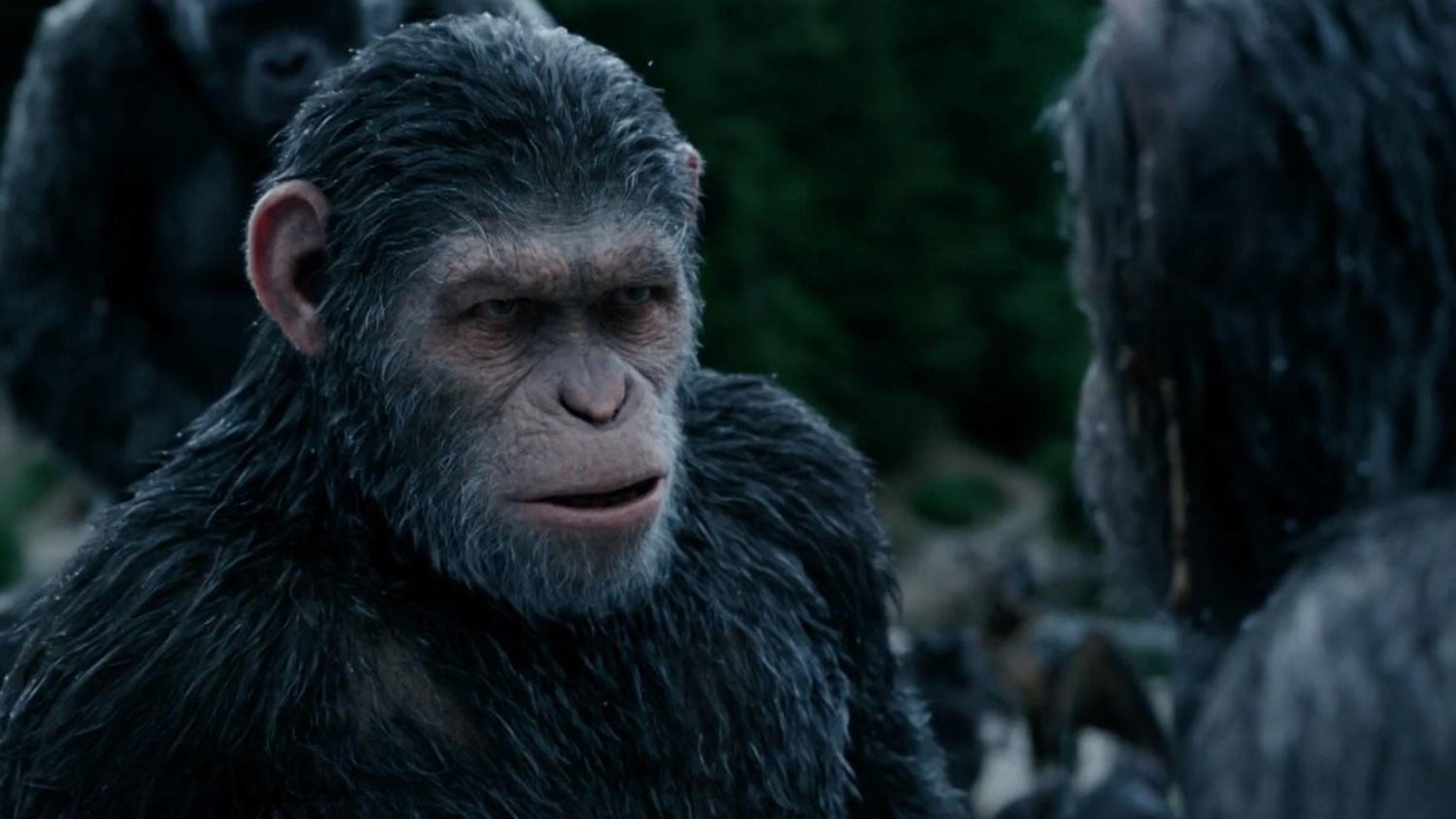
Caesar must now reckon with his pride and hubris when his once trusted ally, Koba plots to wage a war to destroy the rest of man. Then, we get to War of the Planet of the Apes, in which we see Caesar go through a journey of pain and personal loss as he tries to lead his people to the promised land. He must overcome his hatred, his temptation and his sin to be the leader his people needs. Alas, he expires and ape-kind witnesses the death of their messiah and the birth of religion.
The direction in which Wyatt and Reeves took the franchise was nothing short of ingenious. Instead of rushing the apes’ domination of the Earth with ridiculous notions of future tech or military ambition, they decided to tell it through a rather familiar lens. Our lens. They systematically went through all the hallmarks of a thriving civilization with functioning governments, laws and even religion.
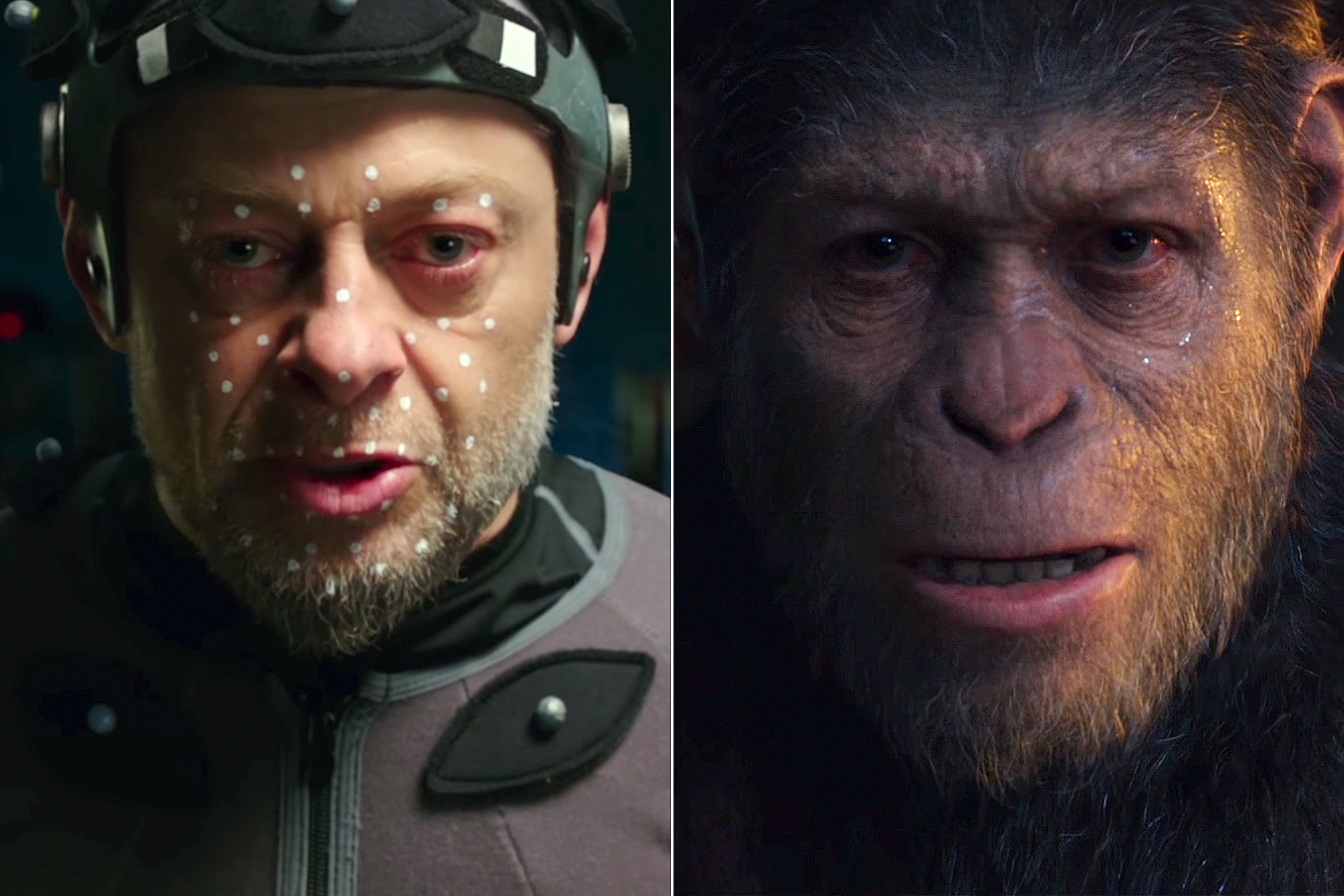
But all this would have been for nothing if it did not have Serkis’ tremendous abilities to bring the character of Caesar to life. We saw his birth, his life and his death. A promising beginning, an exciting middle and a poignant, perfect ending. Frankly, I’m not entirely closed to the idea of a sequel but for me, War should be the series’ rightful end.
Disney’s Creative Choices
Disney is no stranger to continuing the legacies of established franchises, the most notable one being George Lucas’ Star Wars films. So far, they’ve done well enough for themselves and most of the content they’ve made have been commercial and critical successes. However, as I’ve stated in another piece with regards to Disney’s run on the franchise, Disney isn’t exactly creative in their approach.
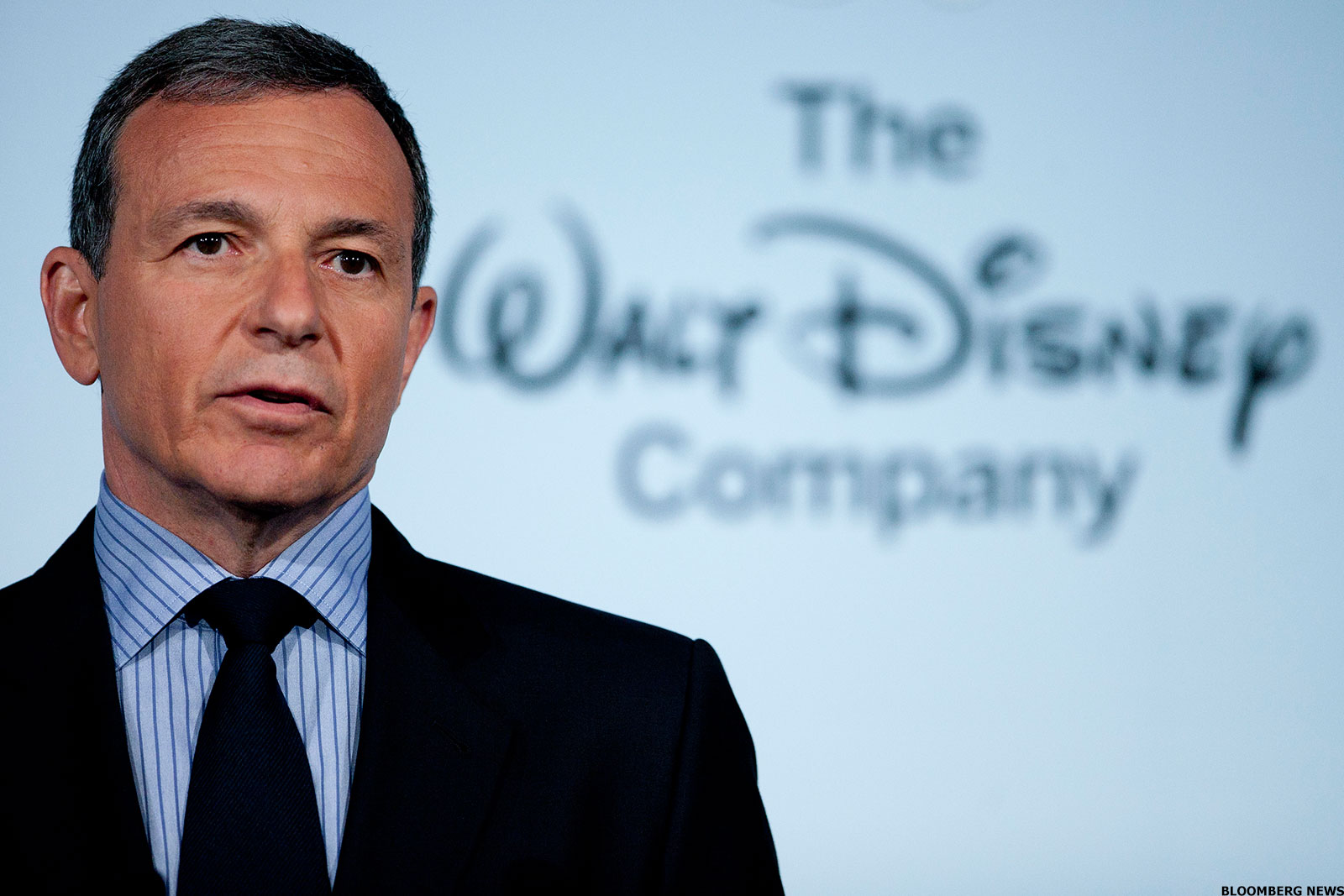
CEO Bob Iger has openly revealed that the company was reluctant to change much of anything at the risk of offending fans. Whether you love Disney’s new trilogy or hate it, you can’t help but admit that there’s a level of cinematic deja vu going on here. This might be fine for some franchises but for the most recent Planet of the Apes film series, this kind of conservative mentality will be to its detriment.
A significant theme of Fox’s Apes trilogy has been evolution and progress. Just as the apes grew more intelligent and had to adapt to deal with new exciting issues, so did the scale and character development of each subsequent film in the franchise. If Disney is already so risk-averse to a huge property like Star Wars, which was bound to make a shit ton of money any way they put it out, then what makes you think they’ll carry on the Apes trilogy’s bold direction?
I mean subverting expectations with Koba being the main source of the conflict is one thing but drawing parallels between Caesar and Jesus Christ with a painfully visceral flogging scene? Now, that’s nuts! That’s saying something and that’s Reeves taking a risk. Putting his neck out on the line for a story he believes in. Now that’s the ballsy vision of a true auteur and that is exactly what Disney isn’t.
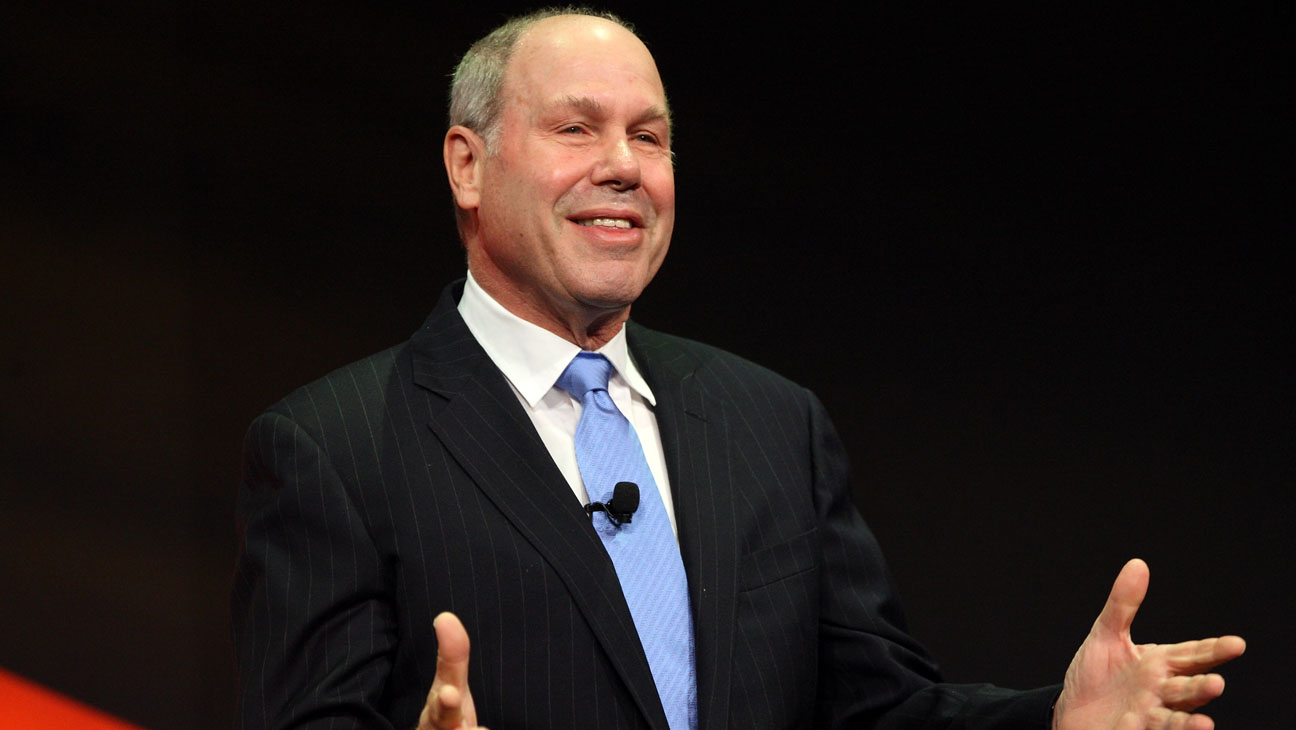
In journalist and author James Stewart’s exposé book on former Disney CEO Michael Eisner, there’s a very interesting quote by Eisner about the nature of Disney. He says “We have no obligation to make art. We have no obligation to make history. We have no obligation to make a statement. But to make money”. He then goes on to further state that the company will occasionally make art and history but only as a means to make money. Current CEO Bob Iger was a close associate of Eisner.
Years later after Eisner leaving, Iger has still carried his belief forward. This can be seen with Disney banking on their older fans’ nostalgia for classic animated films with live-action remakes or trying to fit a beloved, but vulgar, character in their line of family-friendly films.
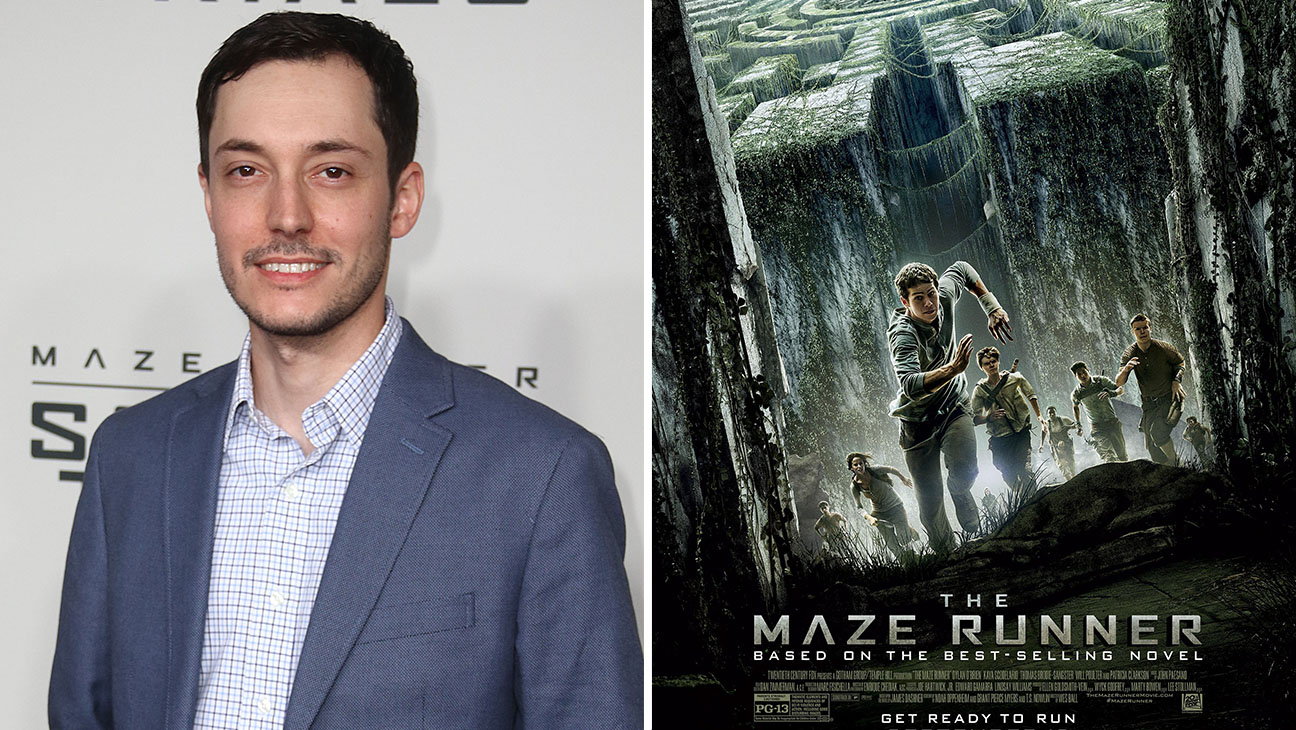
Right, so while Disney’s past and history definitely played a factor in my distrust of them with the Apes’ franchise, it was the announcement of their chosen director for future instalments that solidified my fears. I’m sorry, Wes Ball?! The director behind the mediocre, if not terrible, Maze Runner films? This has got to be a joke. With all due respect to Mr Ball, I don’t think he’s ready. The guy has certainly shown enthusiasm for Reeves’ Planet of the Apes films but if his previous works are anything to go by, I expect it to be a middling affair. Ball’s film is apparently in the same universe as the previous series of films but he’s neither confirm it to be a sequel or reboot.
Regardless of what I think, Disney will be going forward with their continuation of Fox’s Planet of the Apes trilogy with Ball taking the helm. Look, I don’t have anything against Disney, Iger or even Ball for that matter. I just think they’re not the right people to handle this property. I certainly hope I’m proven wrong but all evidence at the moment points to the contrary.
Follow us on Instagram, Facebook, Twitter or Telegram for more updates and breaking news.

